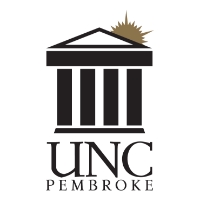In recent months, WotC has altered some of the text found in the original 5th Edition core rulebooks to accommodate D&D's ongoing move towards inclusivity. Many of these changes are reflected on D&D Beyond already--mainly small terminology alterations in descriptive text, rather than rules changes.
Teos Abadia (also known as Alphastream) has compiled a list of these changes. I've posted a very abbreviated, paraphrased version below, but please do check out his site for the full list and context.
- Savage foes changed to brutal, merciless, or ruthless.
- Barbarian hordes changed to invading hordes.
- References to civilized people and places removed.
- Madness or insanity removed or changed to other words like chaos.
- Usage of orcs as evil foes changed to other words like raiders.
- Terms like dim-witted and other synonyms of low intelligence raced with words like incurious.
- Language alterations surrounding gender.
- Fat removed or changed to big.
- Use of terms referring to slavery reduced or altered.
- Use of dark when referring to evil changed to words like vile or dangerous.










